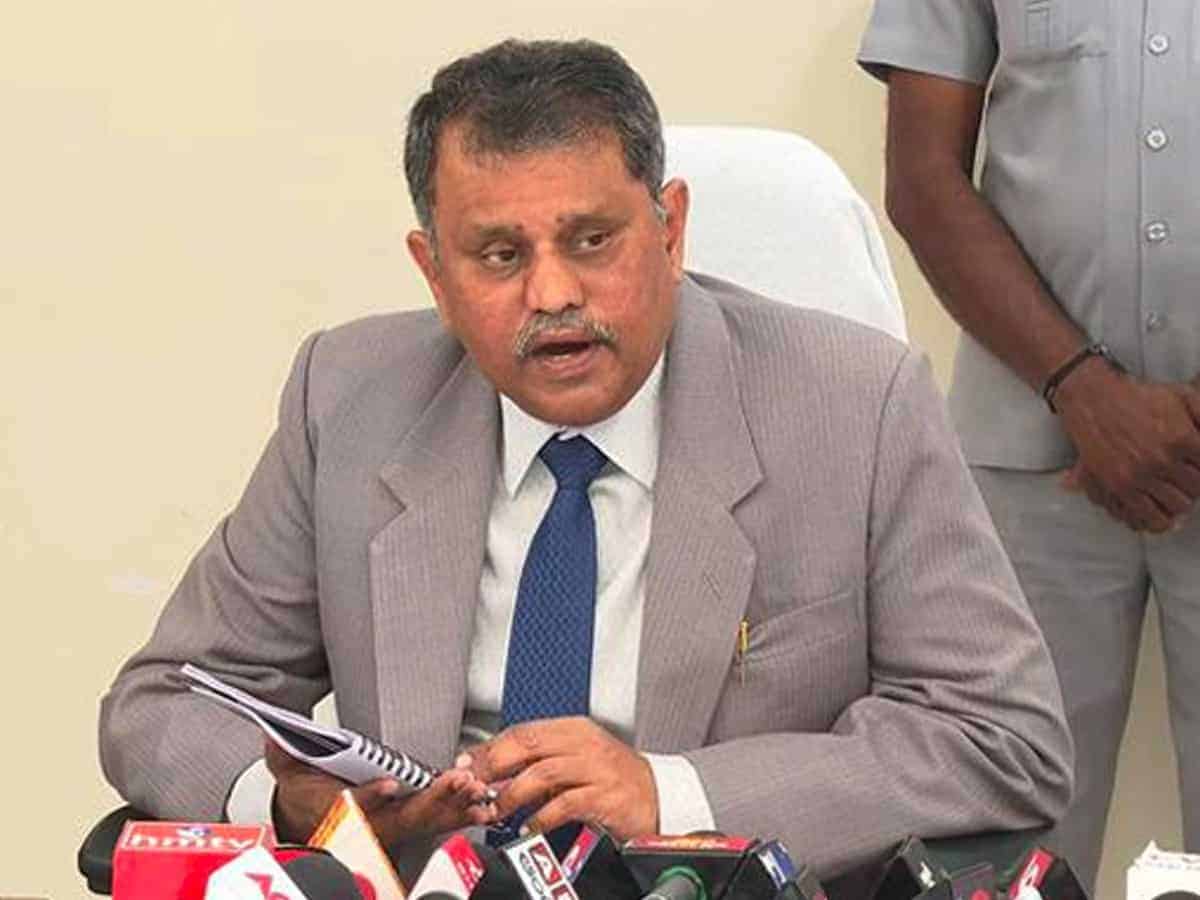Amaravati: The trouble-shooter in the then AP/Telangana Governor ESL Narasimhan comes to mind when the “ego war” between the Jagan Mohan Reddy government and the State Election Commissioner (SEC) Nimmagadda Ramesh Kumar in Andhra Pradesh seems unending even after a far-reaching judgment of the Supreme Court.
When the Telangana Rashtra Samithi (TRS) government headed by K. Chandrasekhar Rao enacted the new Municipal Act in 2019 by amending the section 195, the Governor refused to give his assent as, according to his view, the government through the Act arrogated to itself the wide-raging powers to hold elections to the urban bodies by reducing the SEC to a figurehead. Narasimhan returned the related file seeking suitable changes in the statute. The KCR government was promptly obliged to do so. Thus, what was seen as the bullying postures of the ruling dispensation was put to rest with a sense of wisdom and pro-activeness demonstrated by Narasimhan.
The situation in Andhra Pradesh at present seems warranting its Governor Biswabhusan Harichandan to take a leaf from the ESL’s book in this crucial juncture.
High time for Governor’s intervention
Restoration of normalcy between the two Constitutional organs is the need of the hour to let the election process go off smoothly.
The division bench of the apex court headed by Justice Sanjay Kishan Kaul in its judgment on January 25 termed the SEC-government row as an “ego war” and concluded that it could not entertain the government’s petition to put on hold the election process initiated by the SEC.
But the SC ruling did have little impact on the “ego war” that came in evidence with the Chief Minister on Thursday questioning the powers of the SEC to censure and transfer officials. The SEC censured two officials of the Panchayat Raj department—Gopalakrishna Dwivedi, Principal Secretary, and Girija Sankar, Commissioner—for failing to revise the electoral rolls for the year 2021. It also wanted the two senior officers to be kept out of the purview of elections. Subsequently, Chief Secretary Adityanath Das wrote to the Department of Personnel and Training under the union government not to take cognizance of the SEC’s censuring of senior officers as the latter has no powers to do so.
Parallel situations
In the year 2019 too Andhra Pradesh witnessed a similar scene in the run up to the general elections with Reddy and Naidu (Chandrababu) in reversal of their roles. Then Chief Electoral Officer Gopalakrishna Dwivedi removed Chief Secretary Anil Chandra Punetha from the election duties. Punetha was replaced by LV Subramanyam under whose administrative supervision the elections to the state assembly and the parliament were held. Naidu as the Chief Minister trained guns against the CEO while Jagan in the opposition hailed him. Of course, LV Subramanyam was shown the door immediately after Jagan came to power.
What’s in the statute?
Under the Constitution, establishment of local self-government institutions is the responsibility of the states (List II, Seventh Schedule). The Constitution was amended in 1992 to define the term (five years) for these institutions. Simultaneously, another provision, Article 243K, was made in the constitution for setting up a constitutional authority called the SEC on the lines of the ECI (Election Commission of India) to conduct Panchayat elections periodically.
Thus, the SEC enjoys the same status as the EC. For example, like the removal of a Chief Election Commissioner of India, the State Election Commissioner can only be removed through impeachment. In the case of Kishan Singh Tomar vs Municipal Corporation of the City of Ahmedabad, the Supreme Court directed that state governments should abide by orders of the SECs during the conduct of the Panchayat and municipal elections, just like they follow the instructions of the ECI during Assembly and Parliament polls.
Therefore, the impasse-like situation in Andhra Pradesh calls for corrective measures on a war-footing to ensure that the SEC receives cooperation from the government to discharge its constitutional obligations.

